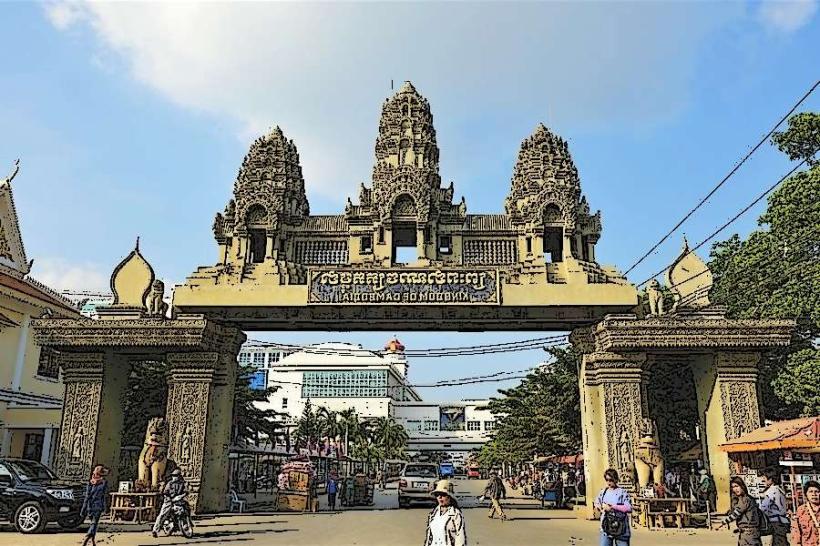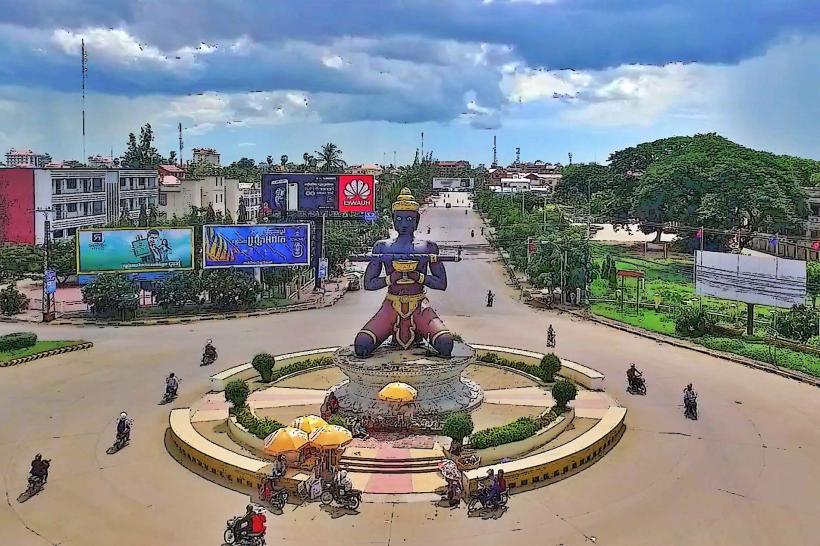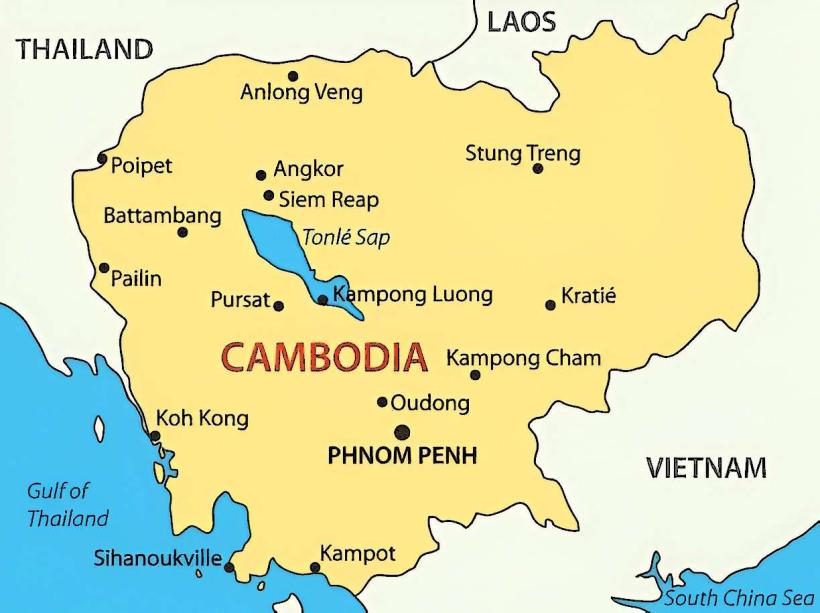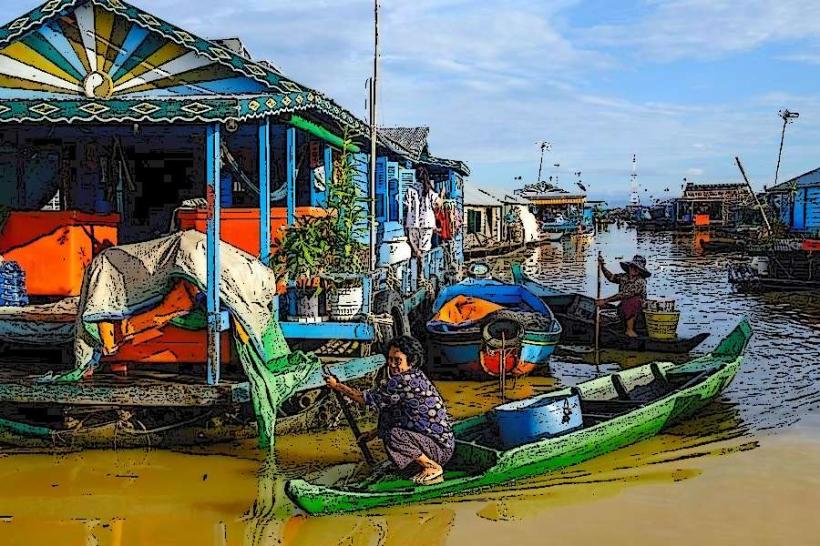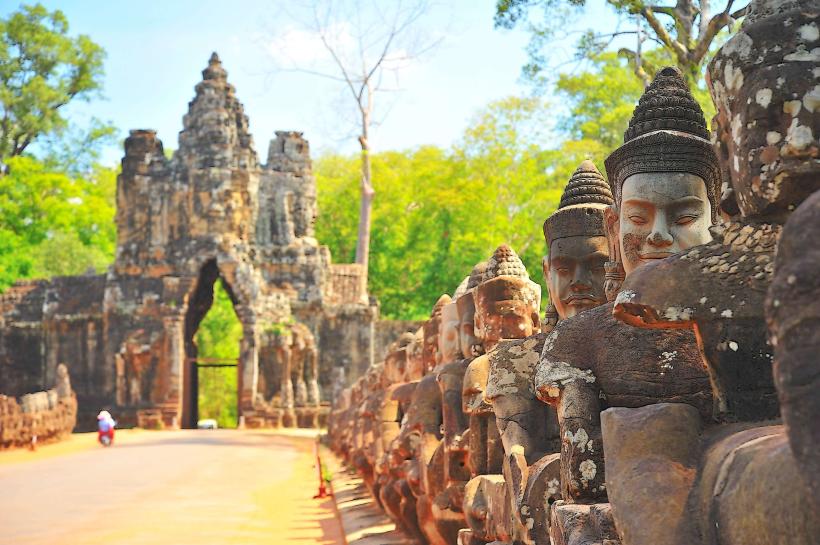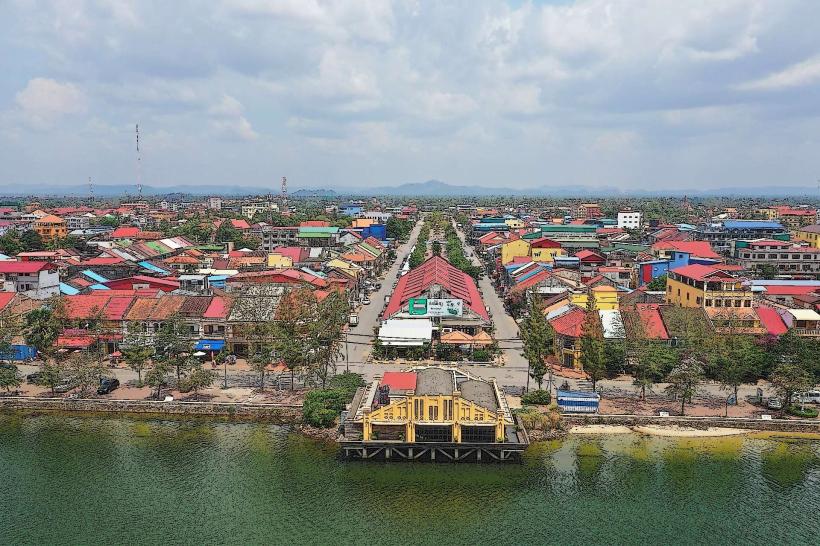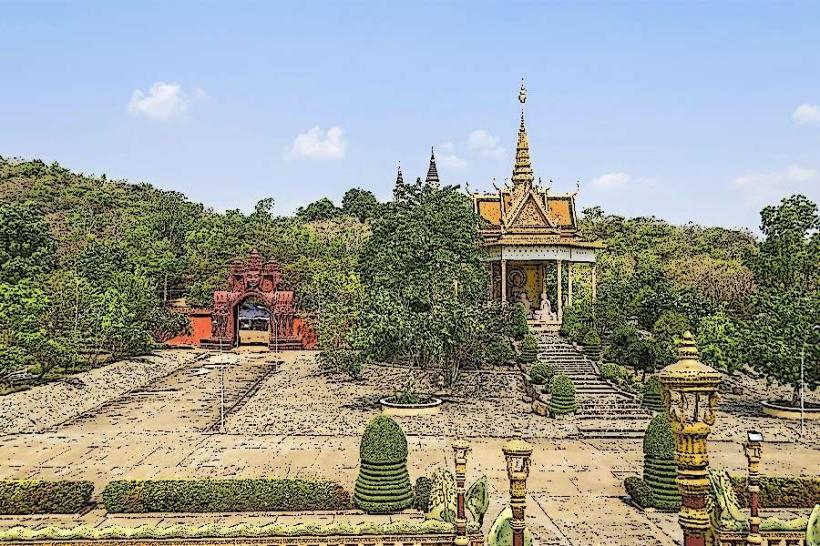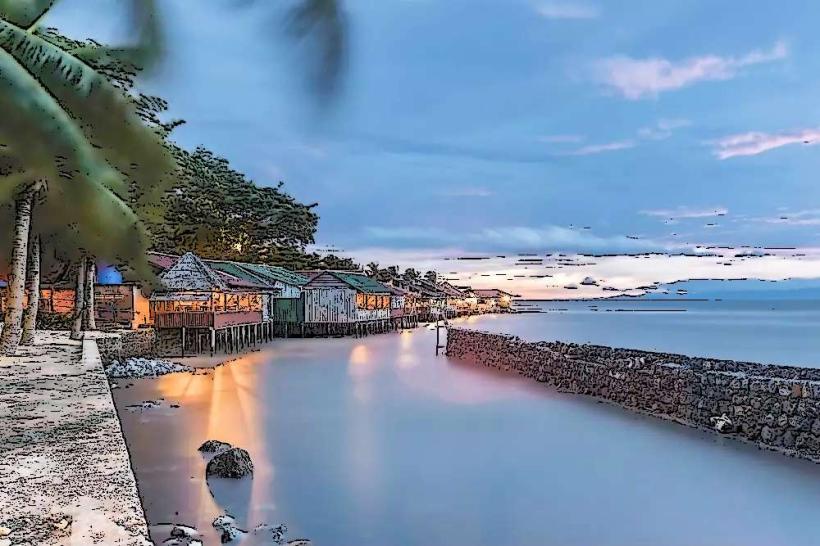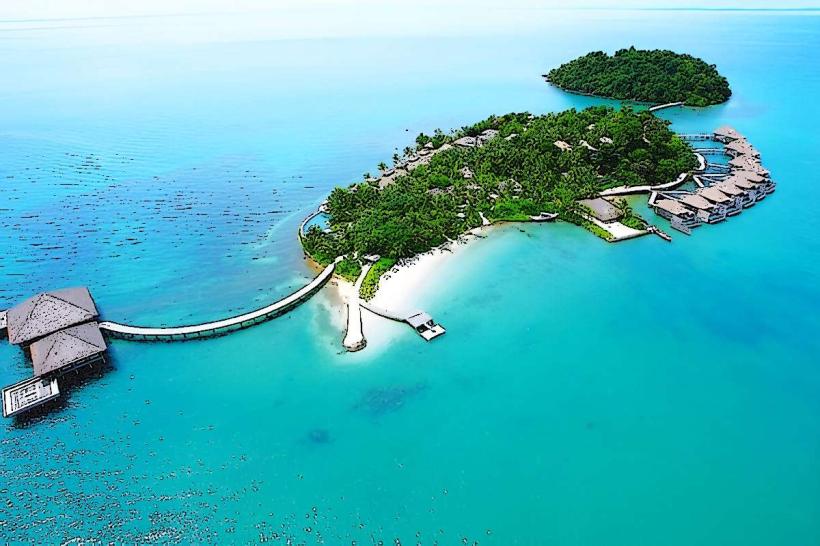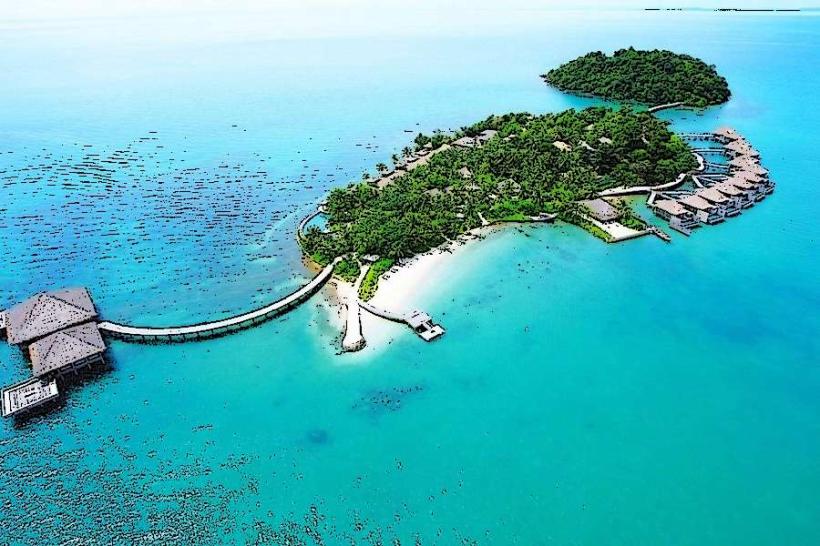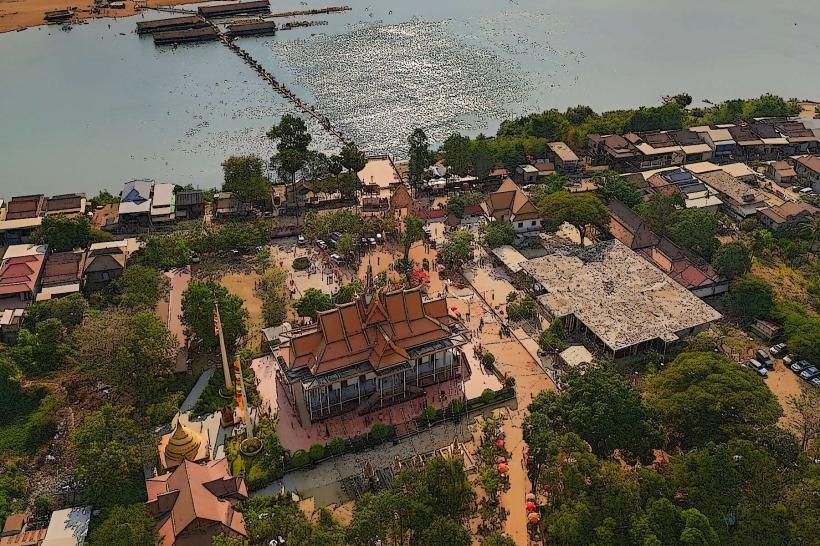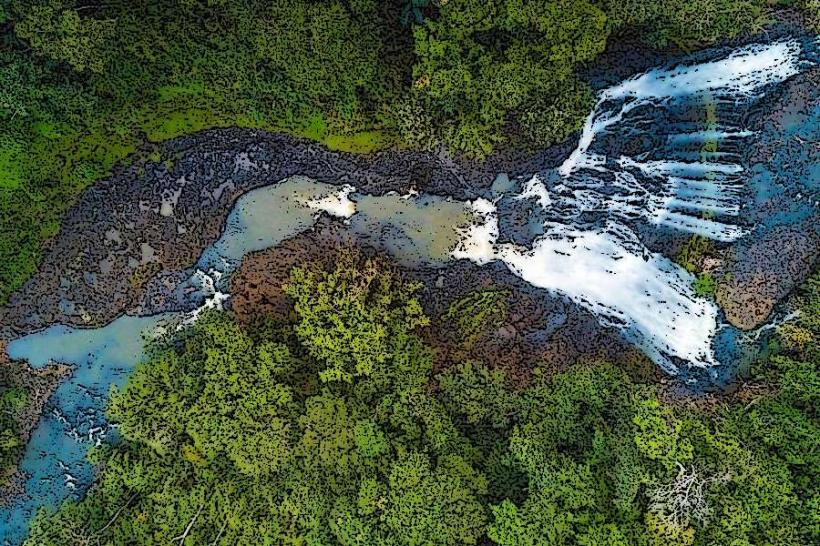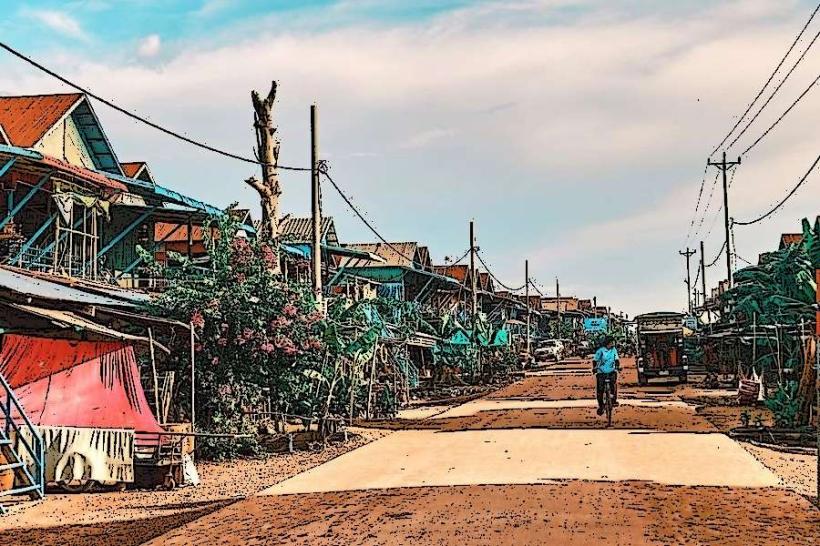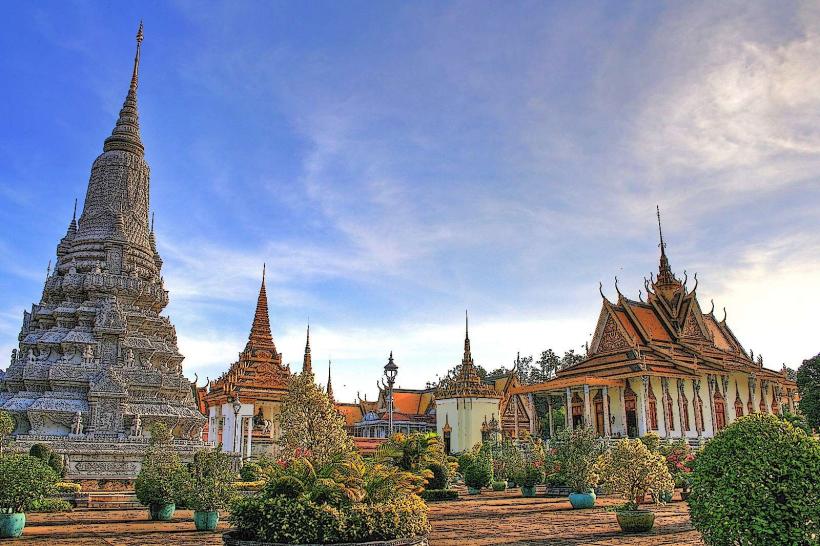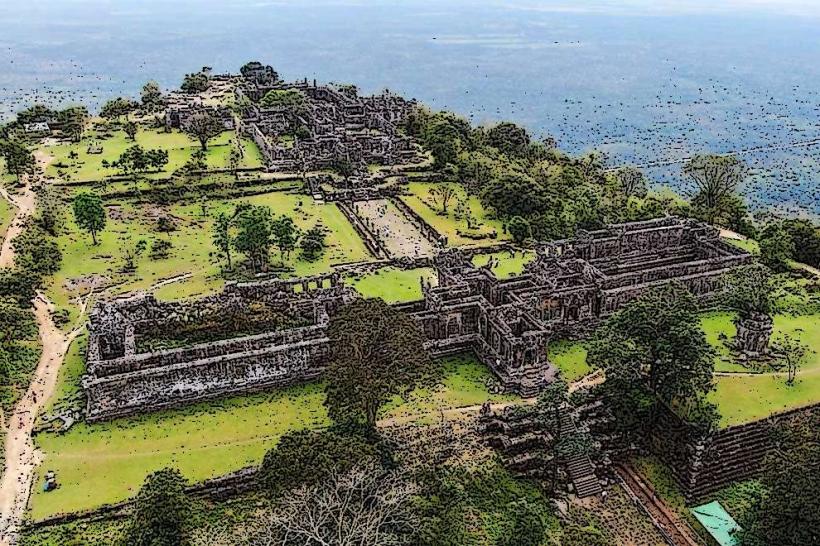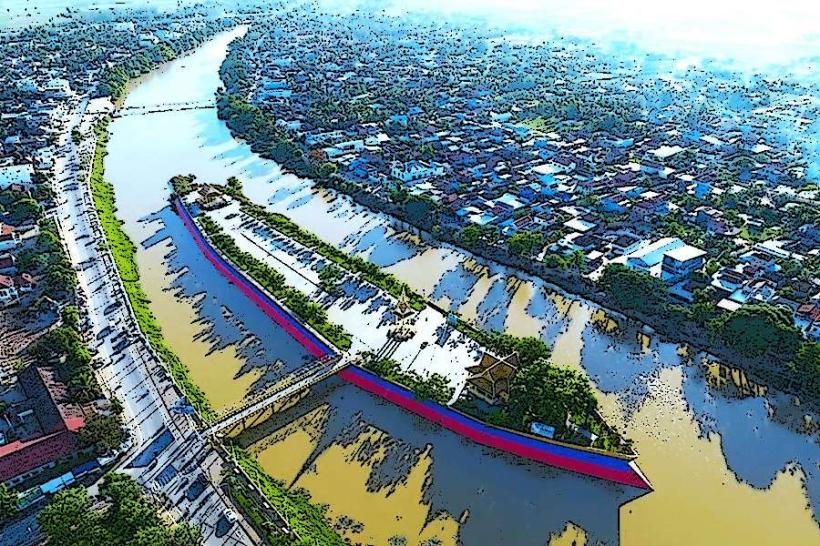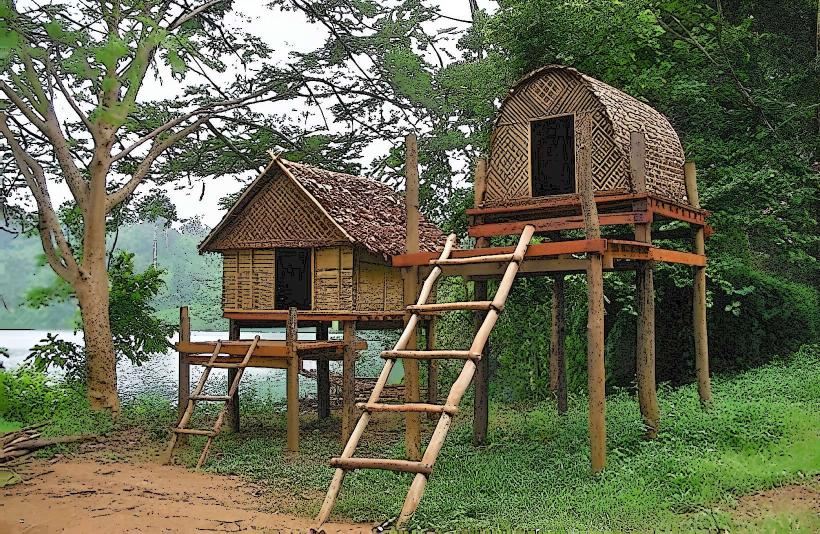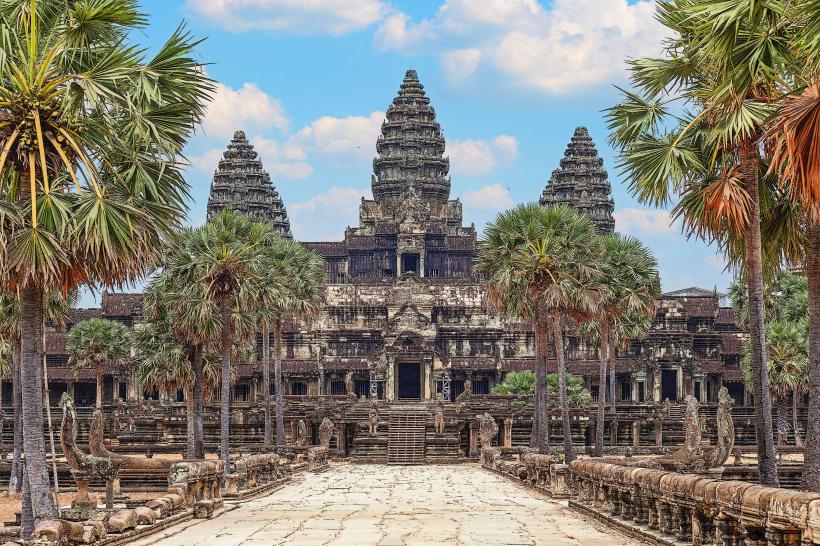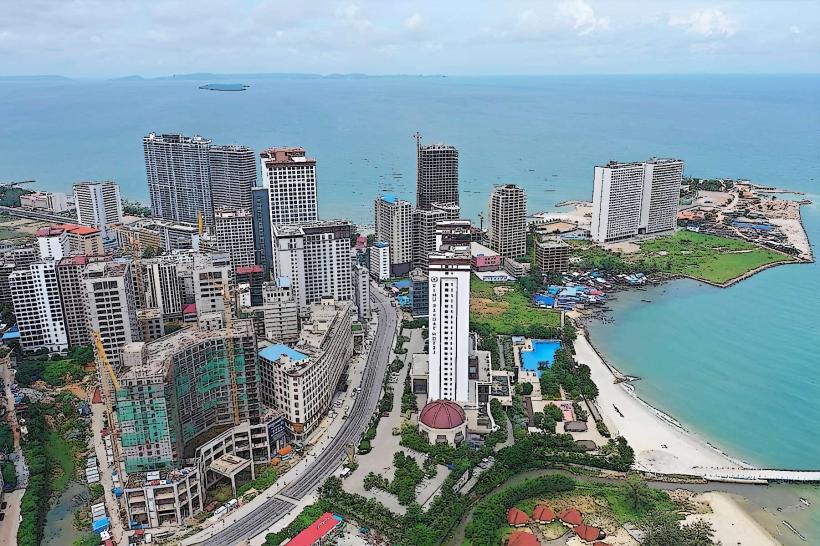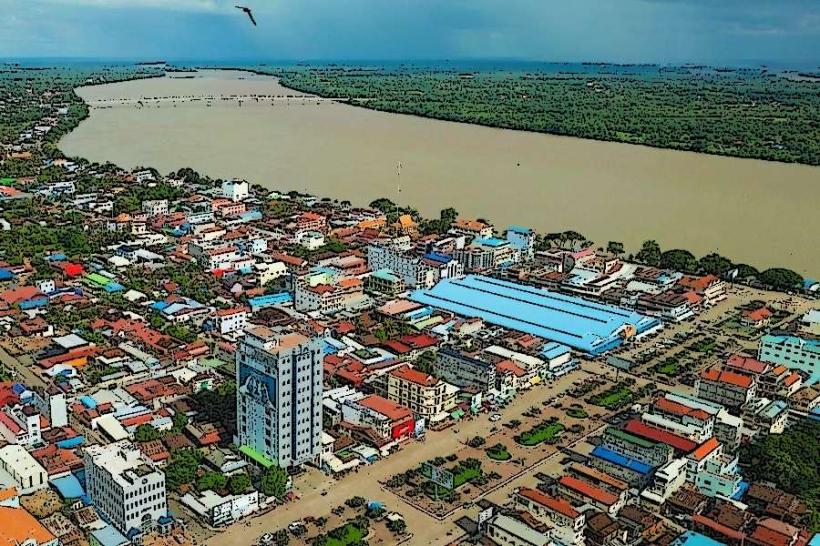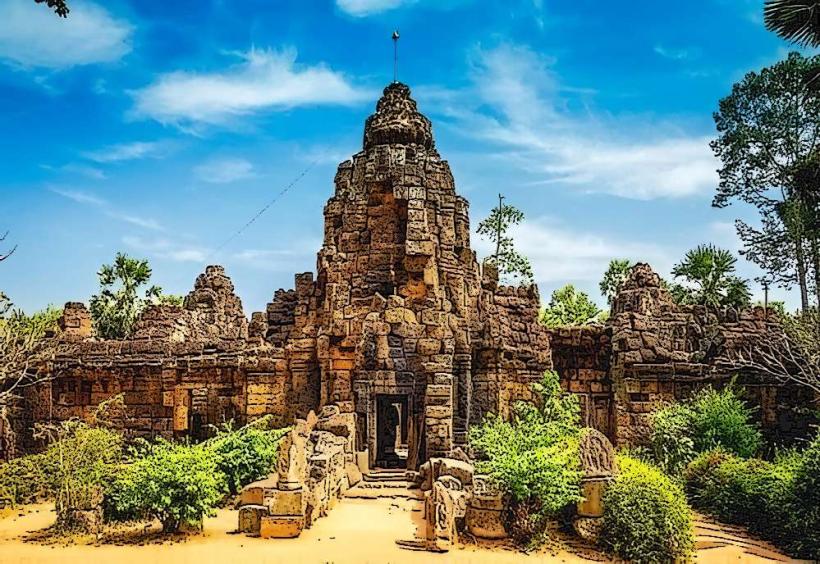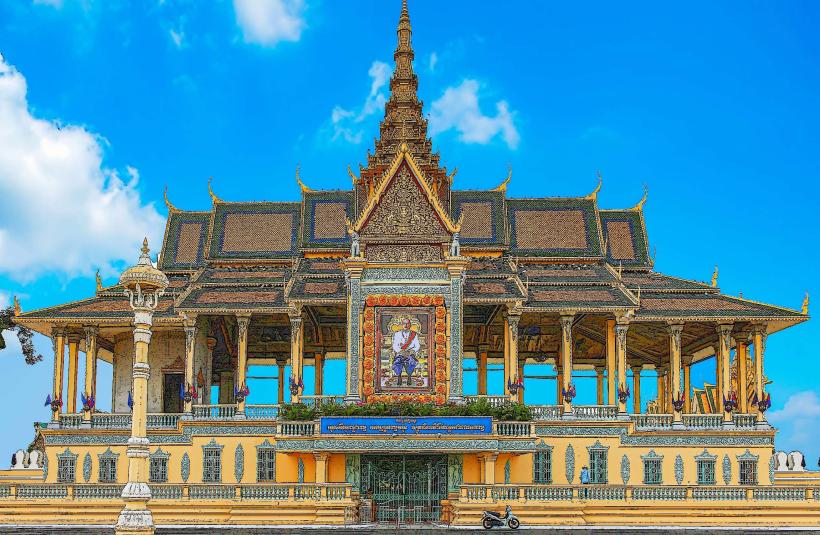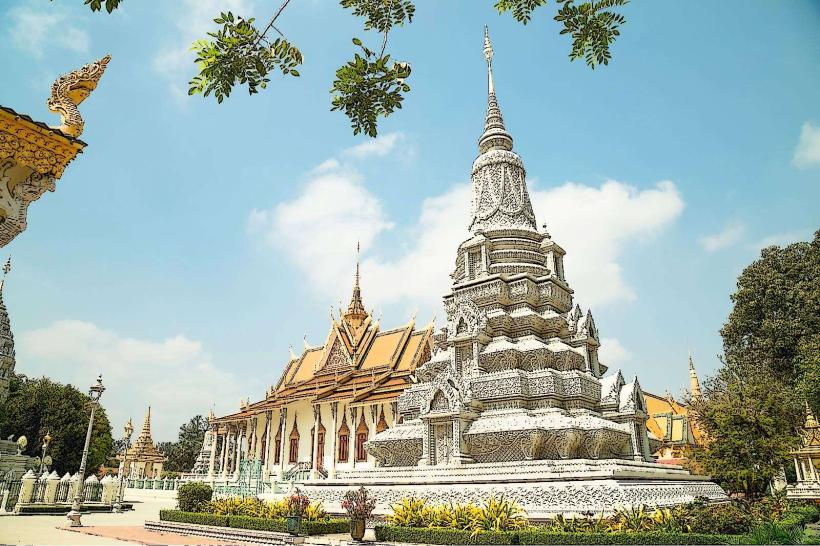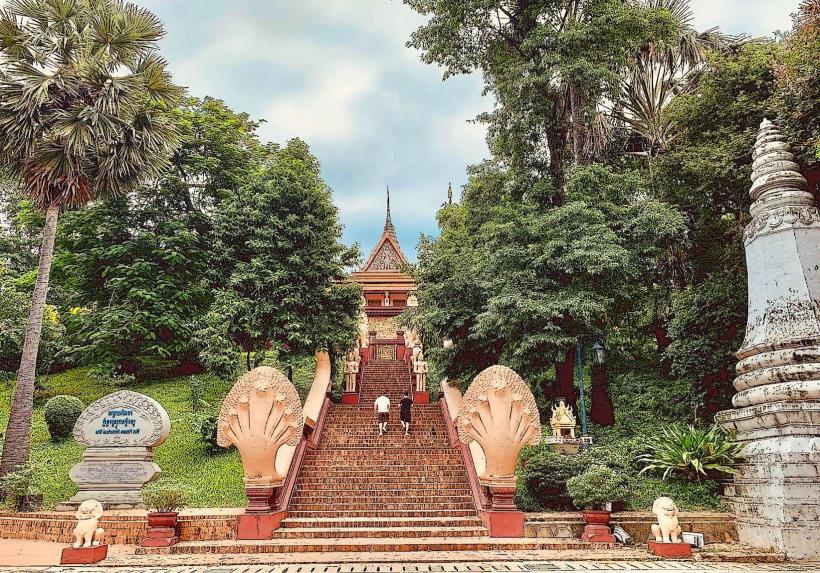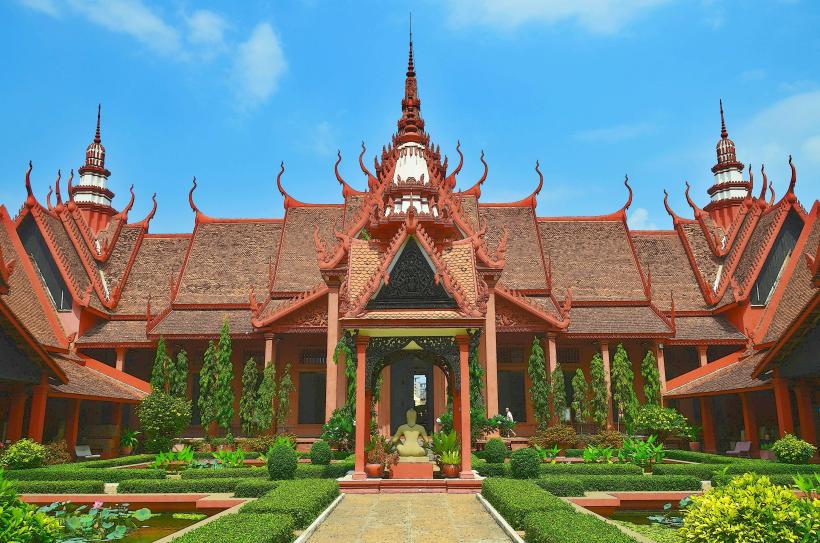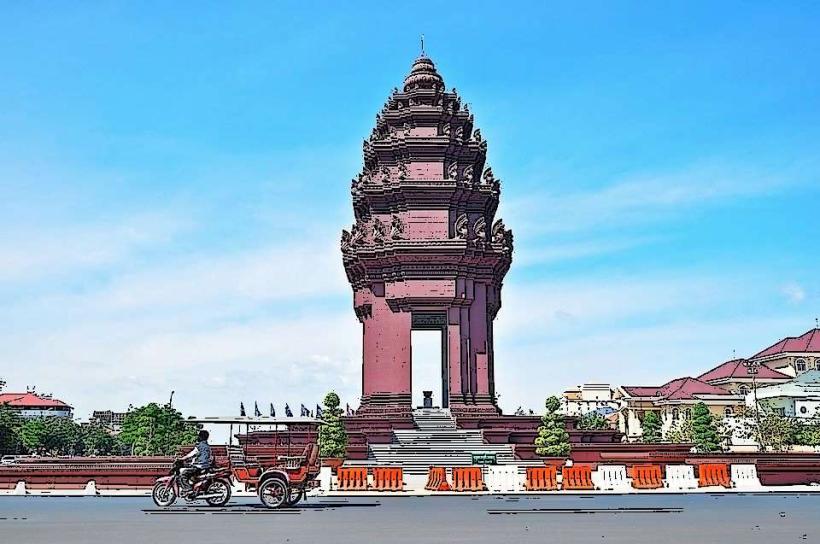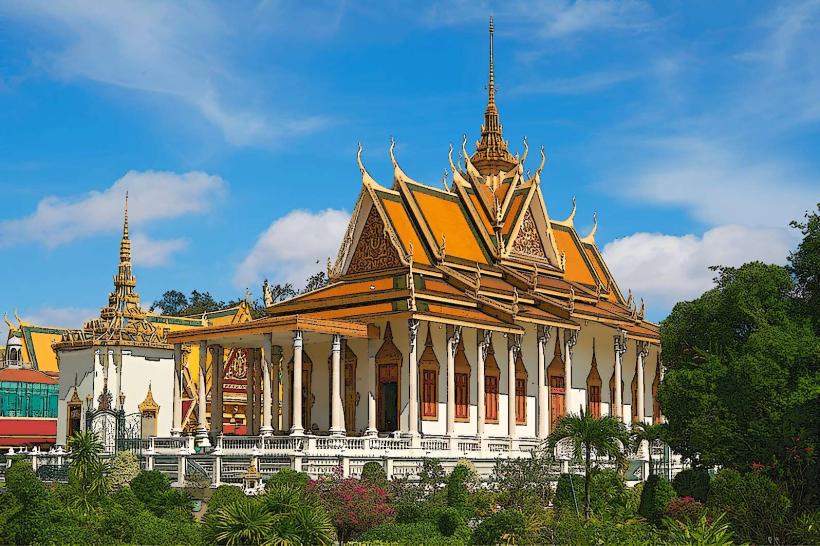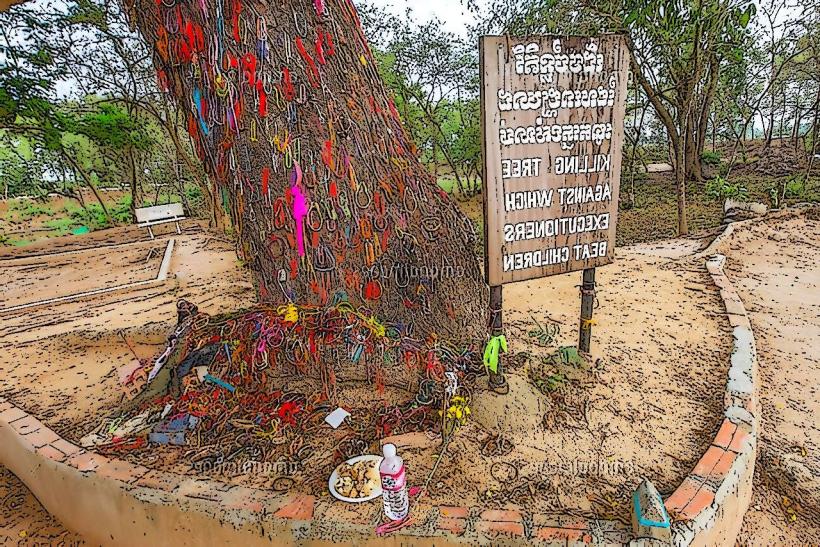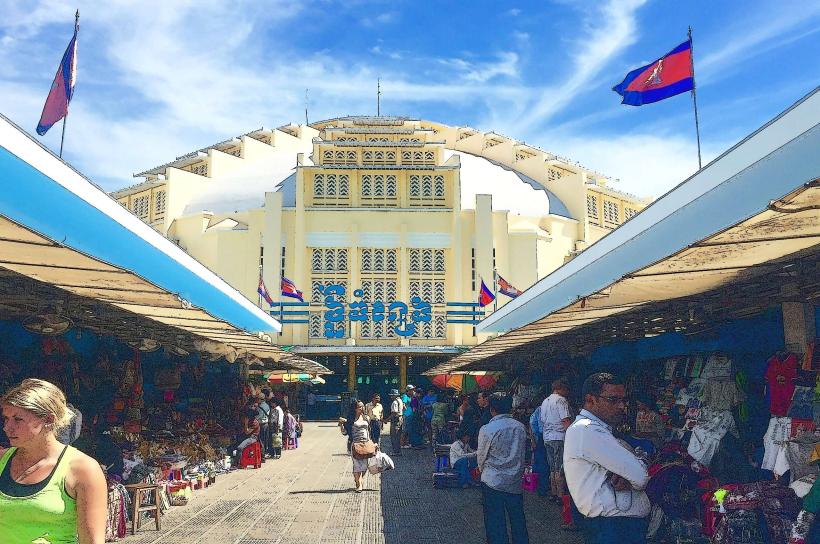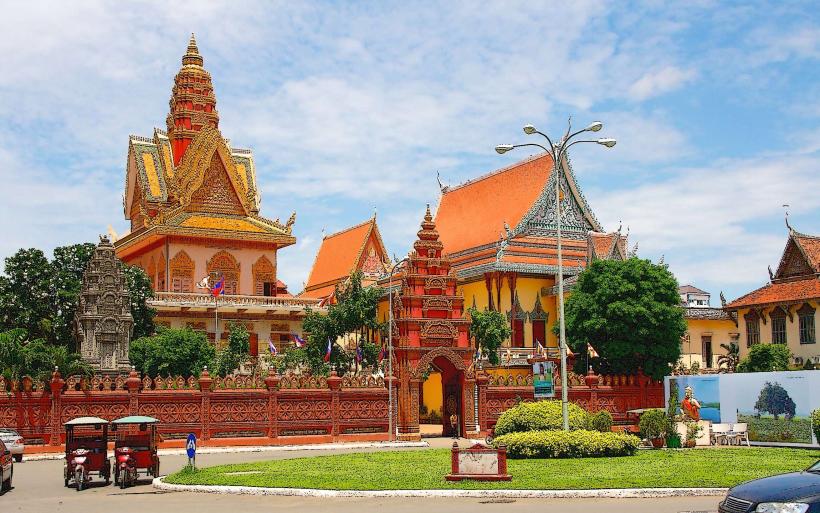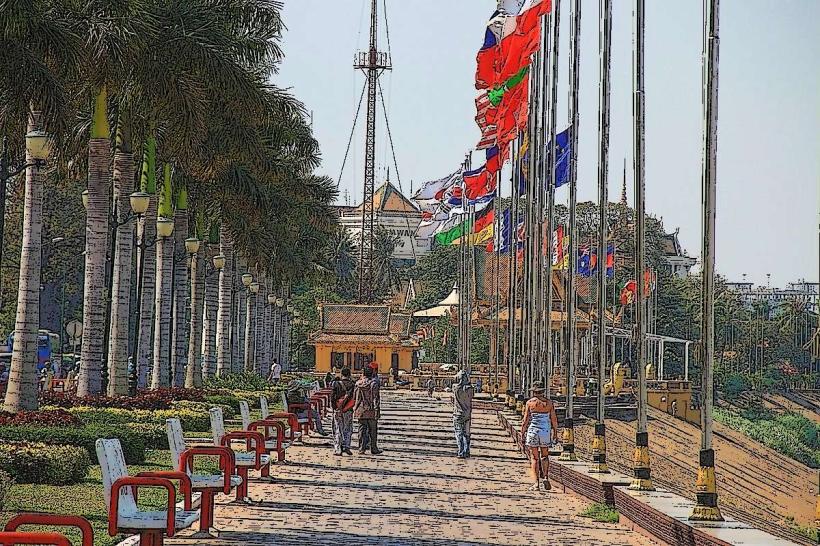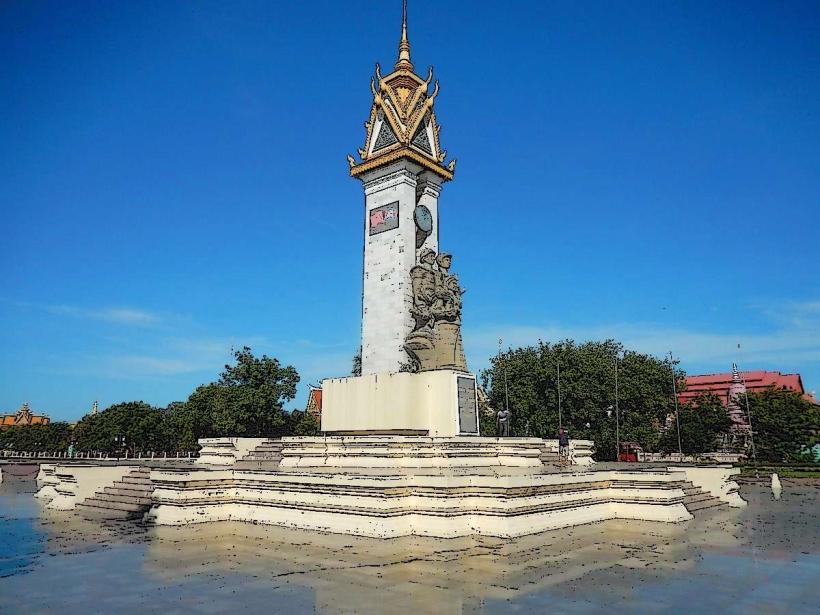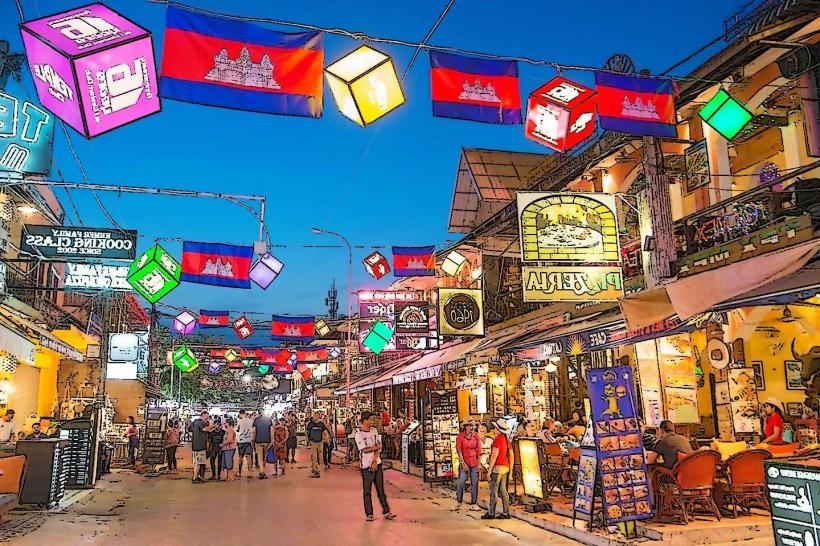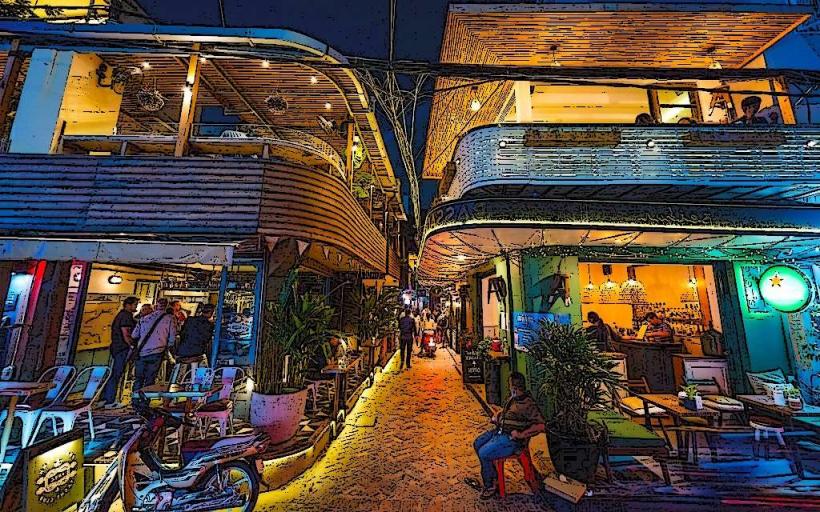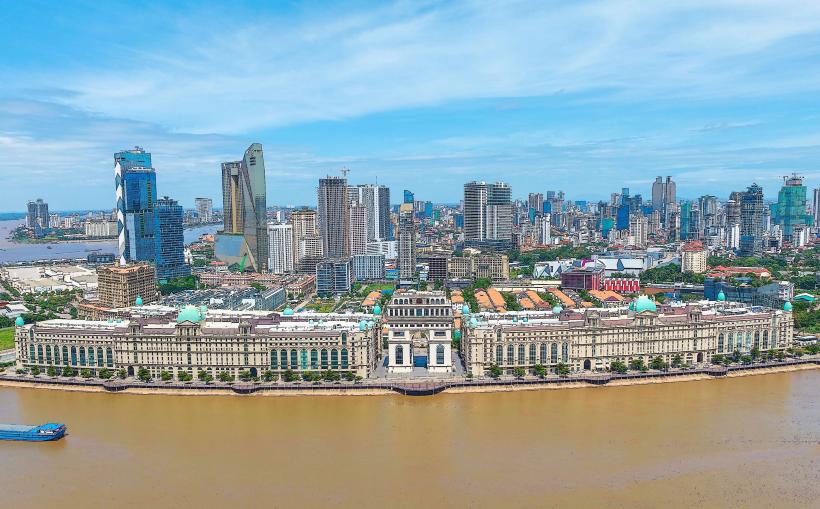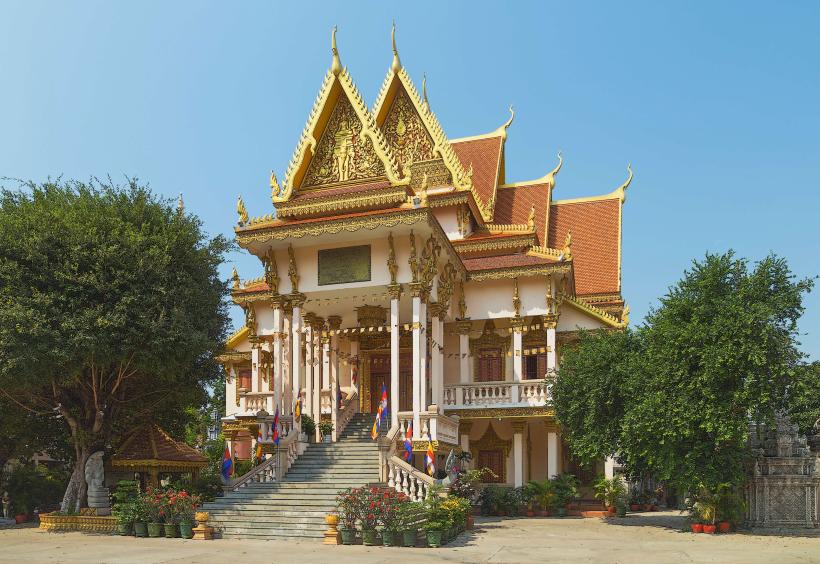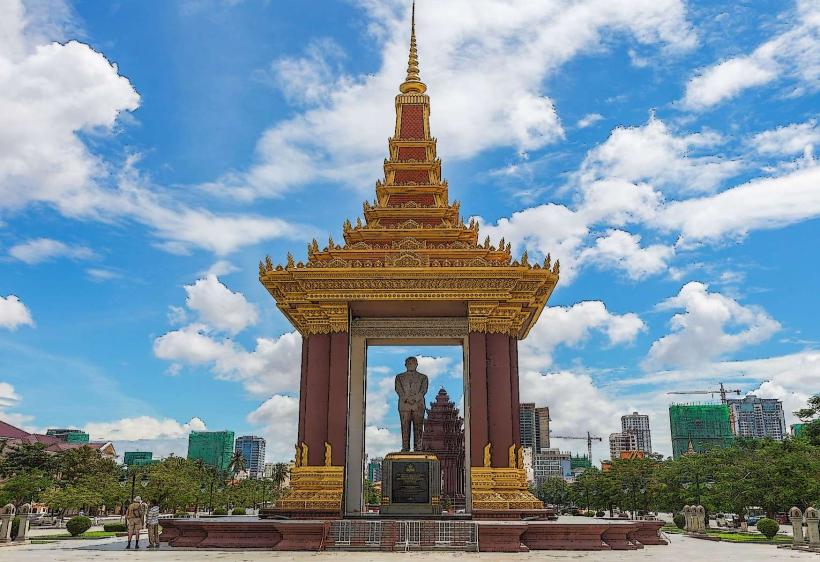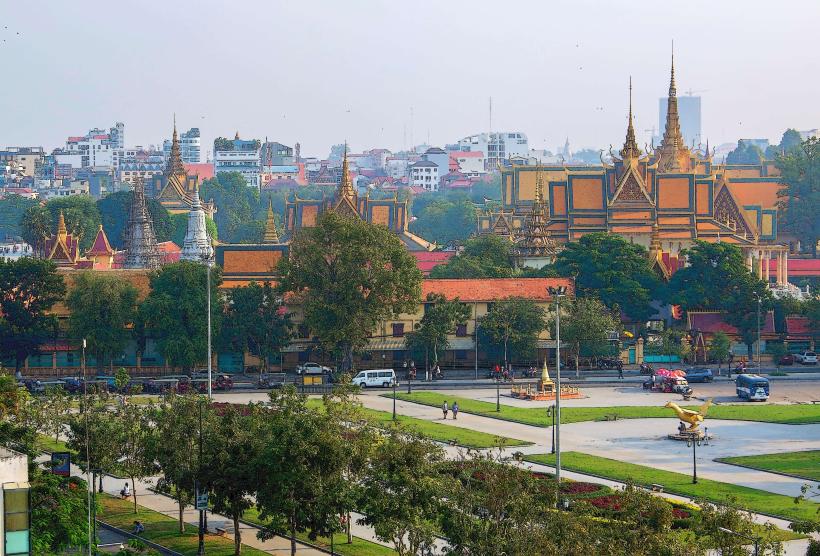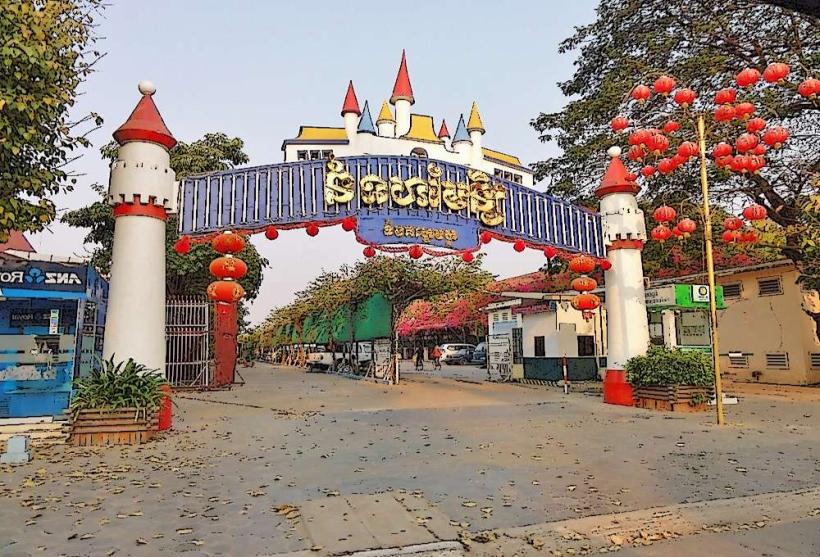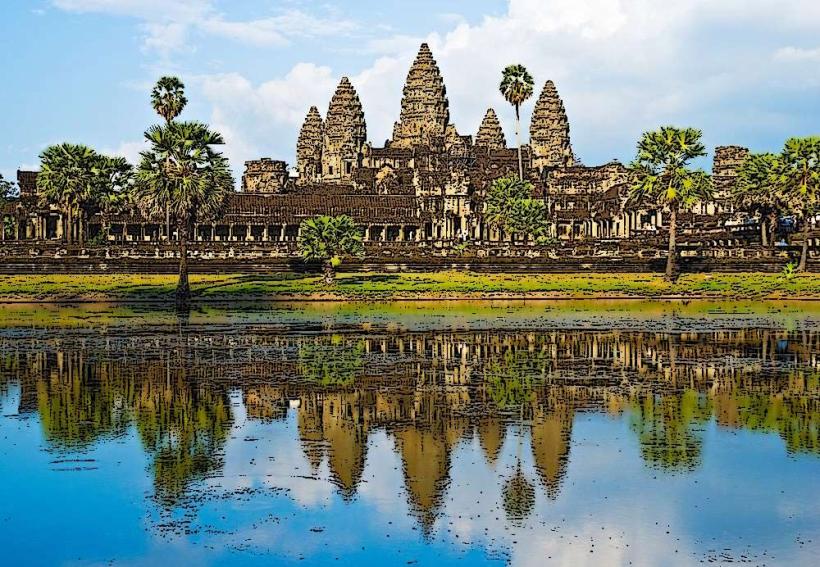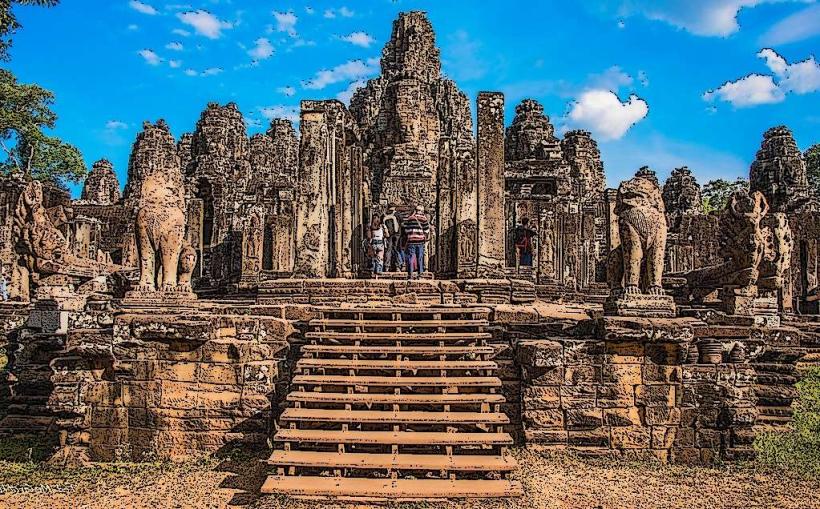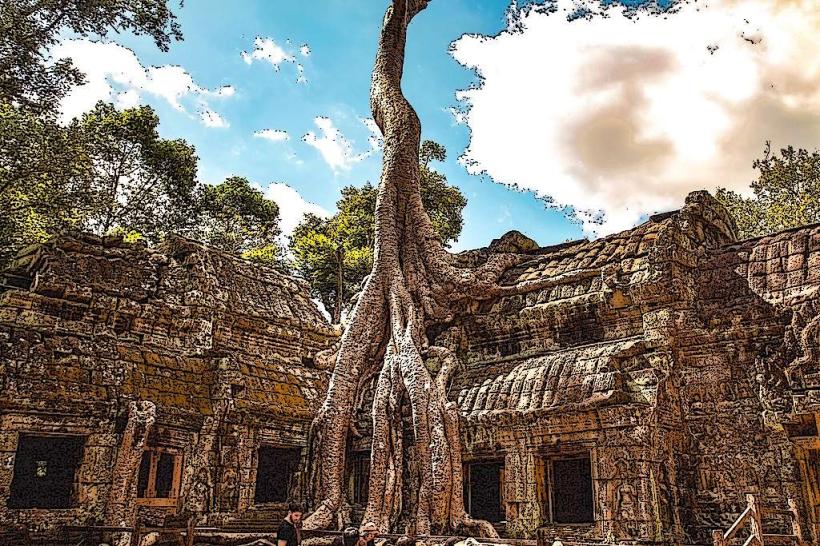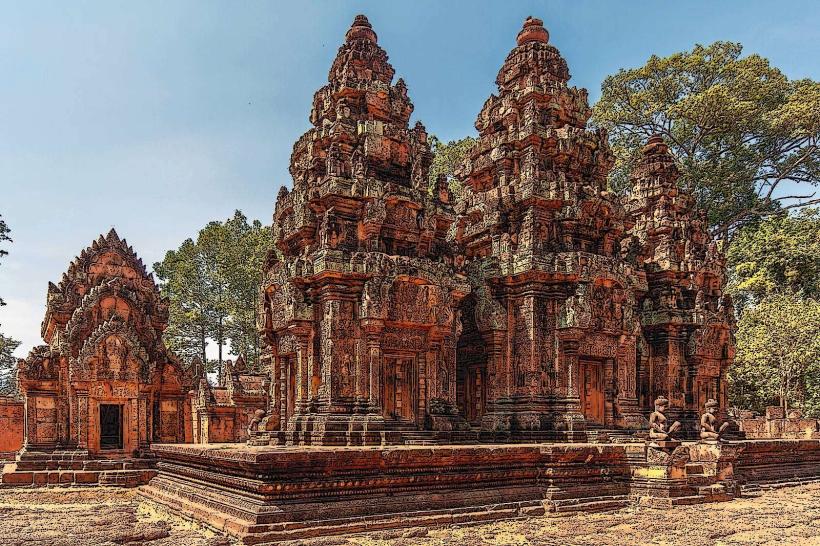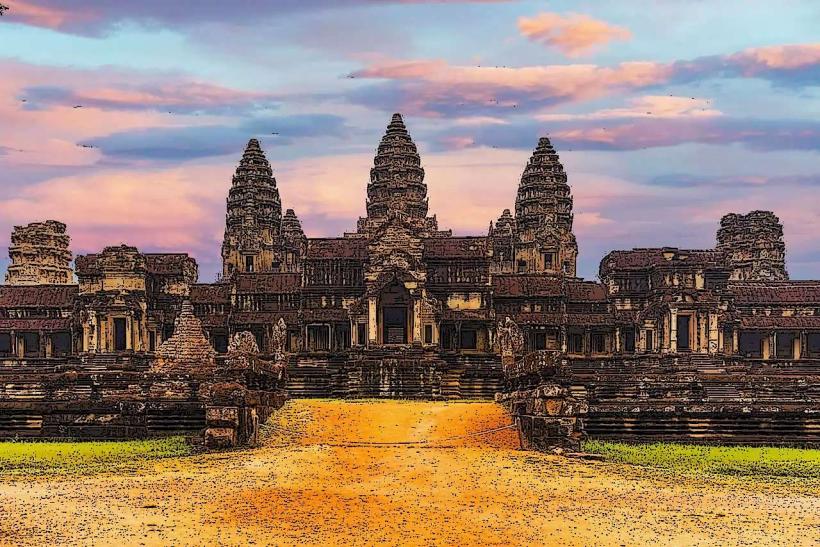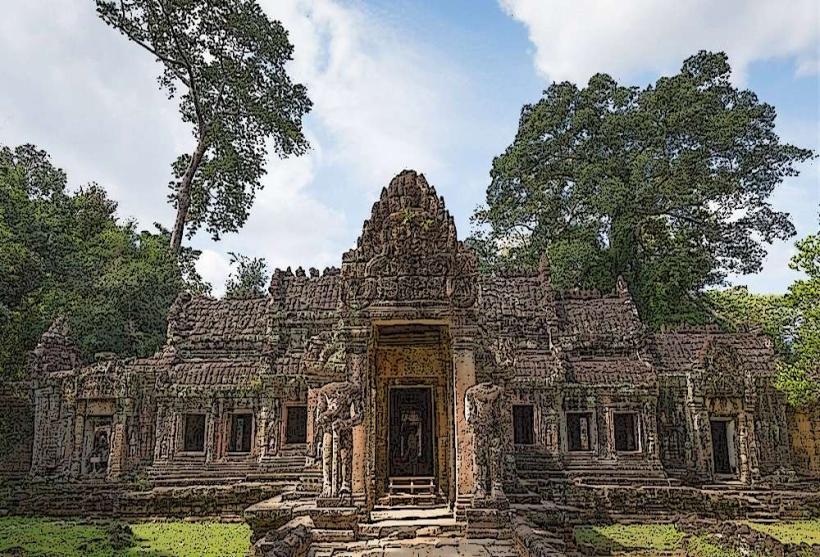Information
Country: CambodiaContinent: Asia
Cambodia, Asia
Cambodia is a sovereign state in mainland Southeast Asia, bordered by Thailand, Laos, and Vietnam. Its economy is characterized by high growth in garment manufacturing, agriculture, and tourism centered on the Angkor archaeological park; the capital city is Phnom Penh.
Visa & Entry Policy
As of January 2026, EU, US, and UK passport holders require a visa for entry.
e-Visa: The most recommended option is the Type-T (Tourist) e-Visa, applied for via the official government portal (evisa.gov.kh). It costs $36 USD, is valid for a single entry within 90 days of issuance, and permits a 30-day stay.
Visa on Arrival (VOA): Available at international airports (Phnom Penh, Siem Reap, Sihanoukville) and major land borders for $30 USD (cash only, exact change in USD required).
e-Arrival Card (CeA): All travelers must complete the Cambodia e-Arrival Card online within seven days of arrival.
Requirements: A passport with at least six months' validity and two blank pages. Proof of onward travel is recommended. Stays can be extended once for an additional 30 days at the Department of Immigration in Phnom Penh.
Language & Communication
Khmer is the official language. English proficiency is high in the hospitality and tourism sectors of Siem Reap and Phnom Penh, but drops significantly in rural areas. French is spoken by some of the older generation and remains used in certain diplomatic and medical contexts.
Currency & Payment Systems
Cambodia operates a dual-currency system using the Cambodian Riel (KHR) and the US Dollar (USD).
Bakong & KHQR: As of 2026, Cambodia is a regional leader in digital payments. The Bakong blockchain-based system and KHQR codes are universal; nearly all vendors, including street stalls, accept digital payments.
Bakong Tourist App: Visitors can now use the "Bakong Tourist" app to make QR payments without a local bank account.
Cash: USD is accepted for larger transactions, but change under $1 USD is always given in KHR (approx. 4,000 KHR to $1 USD). ATMs dispense both USD and KHR, though foreign card fees are high ($5–$8 USD).
National Transport Grid
Urban: Travel within cities is dominated by the Grab and PassApp ride-hailing services (tuk-tuks and cars).
Expressways: The Phnom Penh-Sihanoukville Expressway significantly reduces travel time between the capital and the coast. A second expressway (Phnom Penh-Bavet) is currently under construction.
Rail: Two single-track lines (Northern and Southern) exist, but service is slow. As of 2026, construction has begun on a high-speed rail link connecting Phnom Penh to the Vietnam border.
Aviation: The Siem Reap–Angkor International Airport (SAI) is the primary gateway for temple tourism.
Digital Infrastructure
Primary mobile network providers are Smart Axiata, Cellcard, and Metfone.
5G Rollout: As of January 1, 2026, 5G services have officially launched in Phnom Penh and key areas in 14 provinces, including Siem Reap and Preah Sihanouk.
Connectivity: Fiber-optic broadband is standard in urban hotels and cafes. 4G/LTE coverage is robust along major national roads.
Climate & Seasonality
Dry Season (November–April): Preferred travel period. November to February is "cool" ($24°C–30°C$); March and April are extremely hot ($35°C+$).
Monsoon Season (May–October): Characterized by high humidity and heavy, short afternoon downpours. Flooding is common along the Mekong and Tonle Sap rivers during peak rain (September/October).
Health & Safety
No mandatory vaccines are required unless arriving from a Yellow Fever zone. Malaria is a risk in remote forested areas, while Dengue is prevalent nationwide. Tap water is not potable; bottled water is required. Public healthcare is limited; for serious conditions, medical evacuation to Bangkok or Singapore is often necessary. The emergency number for Police is 117 and for Ambulance is 119.
Top 3 Major Regions & Cities
Phnom Penh: Political/Financial hub and site of the Royal Palace and Khmer Rouge memorials.
Siem Reap: Gateway to the UNESCO-listed Angkor Wat complex.
Sihanoukville & Islands: Coastal hub and departure point for islands like Koh Rong.
Local Cost Index
1L Water: $0.50 USD (2,000 KHR)
1 Domestic Beer (0.5L): $1.00 USD (4,000 KHR)
1 SIM Card (10GB Data): $6.00 USD (24,500 KHR)
Facts & Legends
Cambodia is the only country to feature a building (Angkor Wat) on its national flag. Local folklore centers on the Apsaras, celestial nymphs whose imagery is carved into nearly every temple wall. A prominent legend involves the Churning of the Ocean of Milk, a creation myth depicted in a massive bas-relief at Angkor Wat. Geologically, the Tonle Sap is the largest freshwater lake in Southeast Asia and is unique for its flow reversal: during the monsoon, the river changes direction and flows back into the lake, quadrupling its size.

